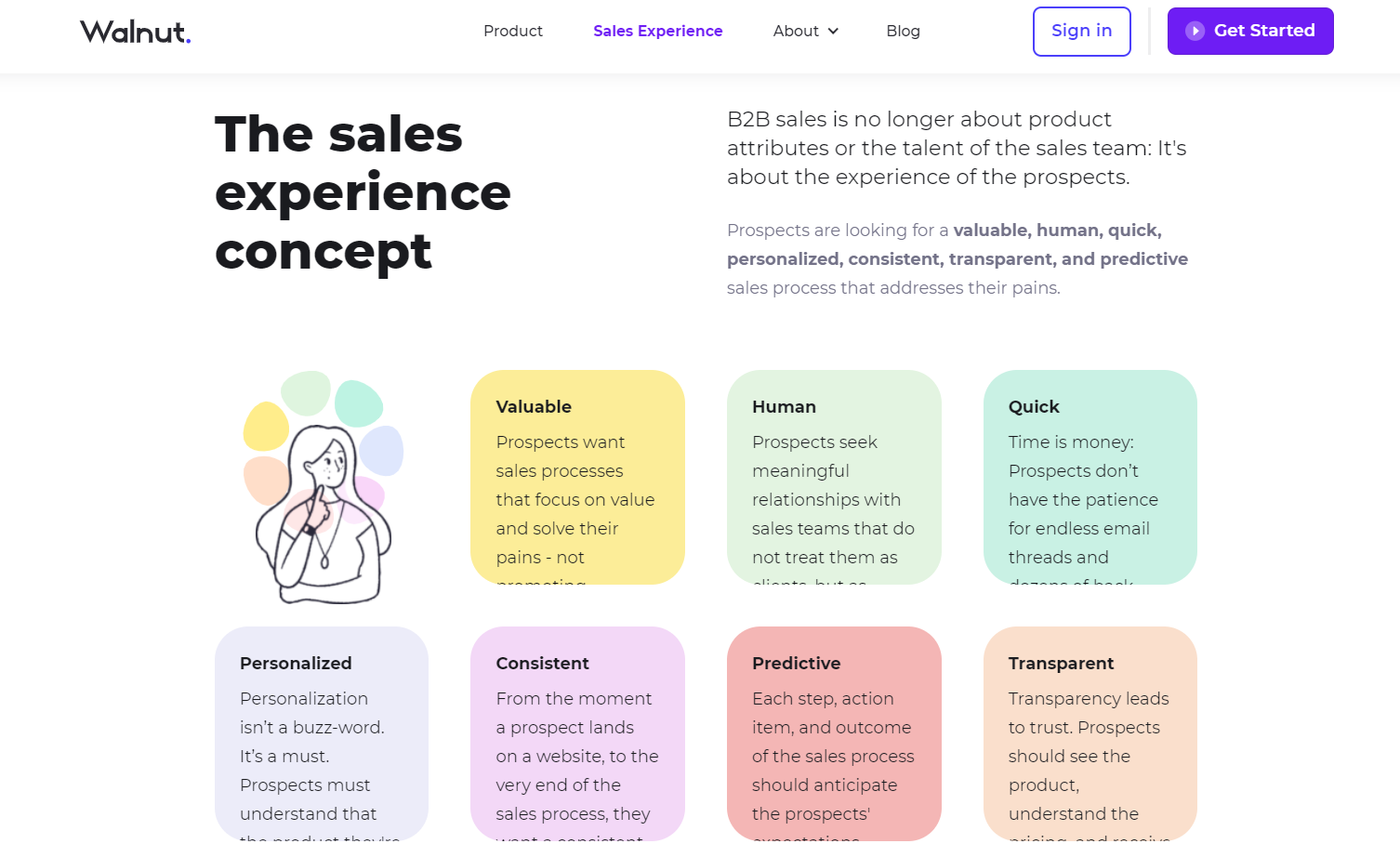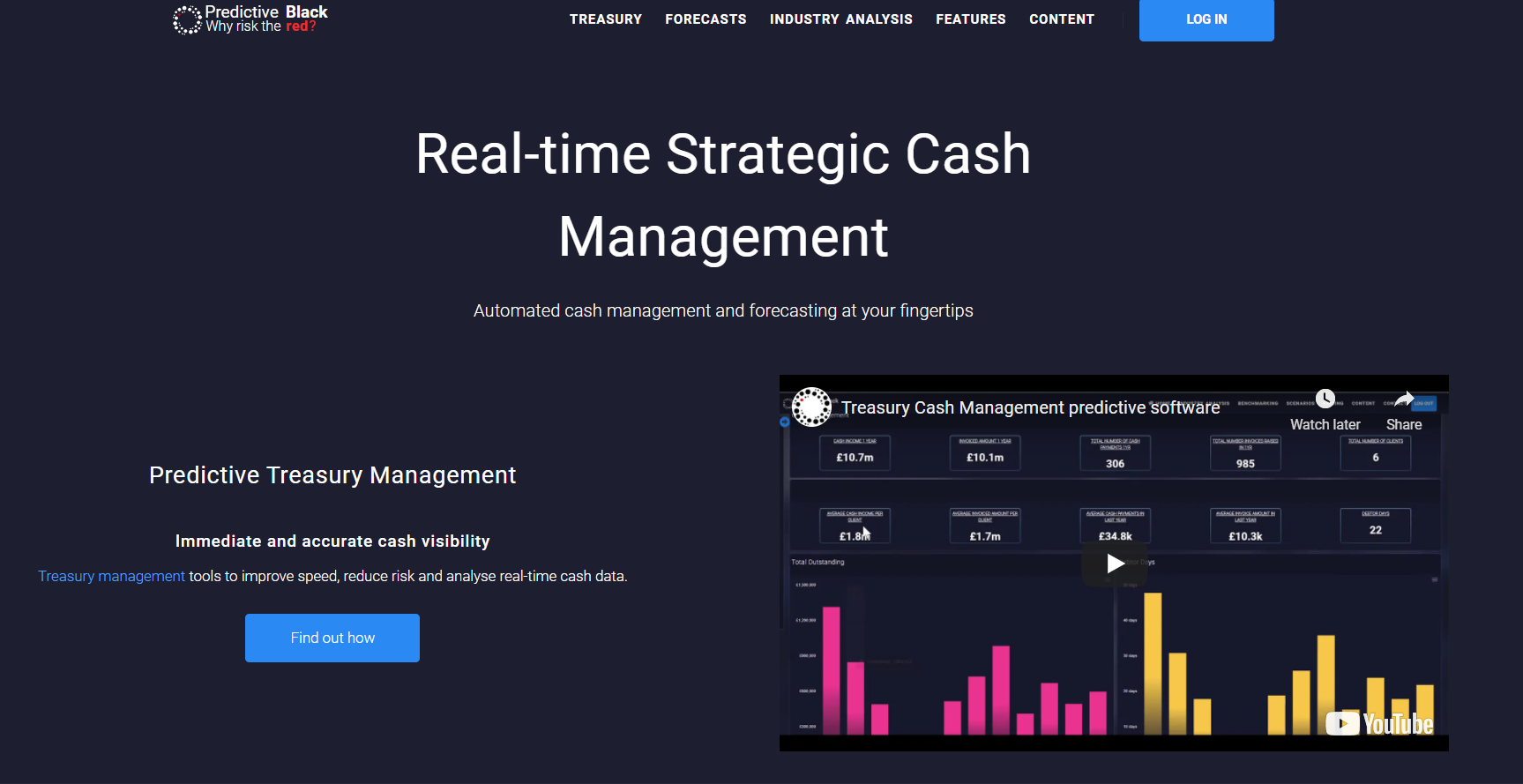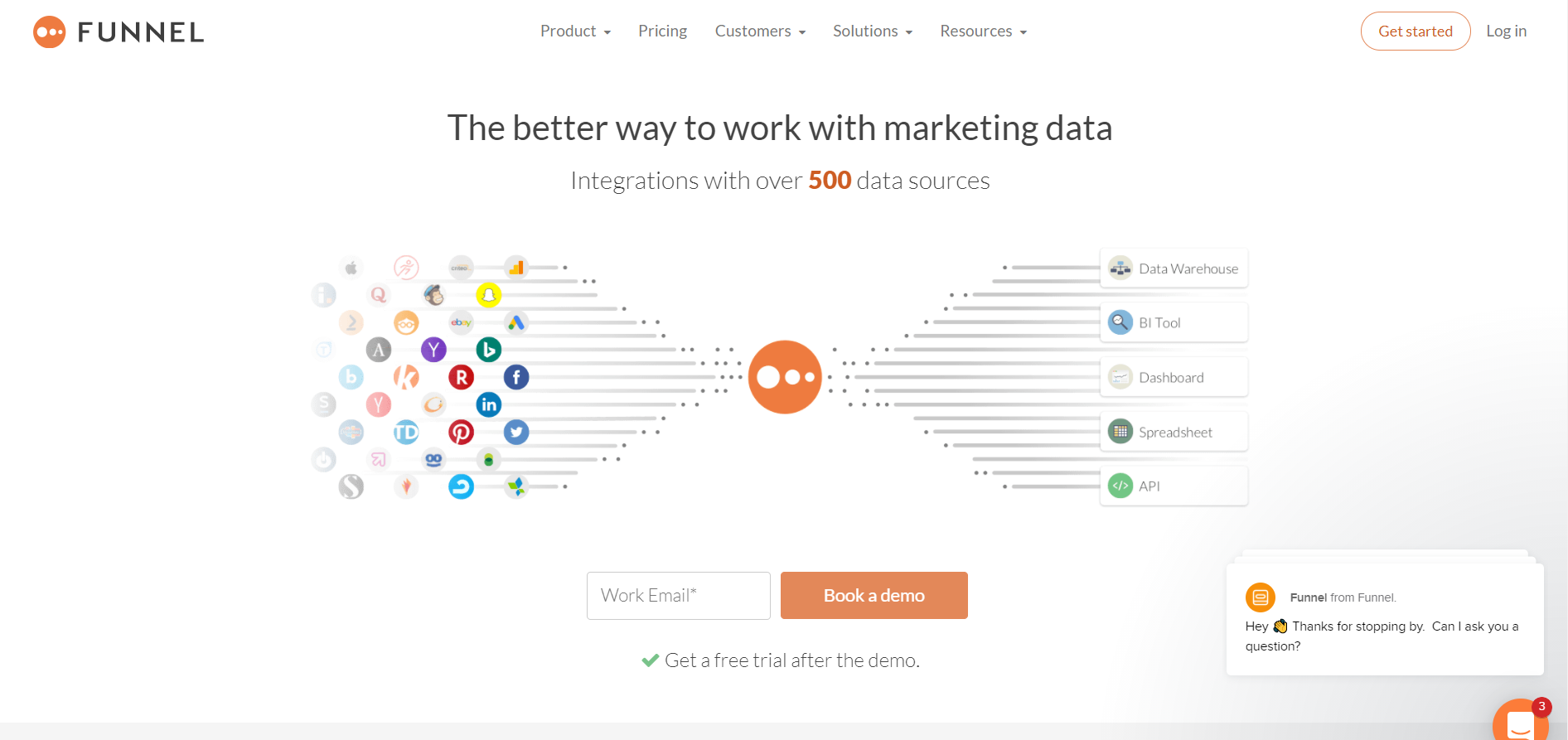June
28, 2021
5 min read
This story originally appeared on ValueWalk
Even though the size of the average start-up pales compared to some of the more established companies, it’s hard to ignore the role they play in the prosperity of the global economy. They create new jobs, which translates to more employment, and they also stimulate economic vitality by bringing competition and fostering innovation.
Q1 2021 hedge fund letters, conferences and more
This is because new up-and-coming entrepreneurs bring fresh viewpoints to the table, which is vital in driving creativity and encouraging healthy competition. Additionally, start-ups are far more agile than larger companies as they are free from the weight of multilayered corporate bureaucracy. This means they can more freely build an idea into a product and improve it upon consumer demand with faster decision-making communications.
However, some start-ups stand out amongst the rest, as they bring truly innovative solutions that threaten to disrupt an entire industry. Thanks to rapid digital transformation over the past few years (especially after Covid-19), we have seen an explosion of digitally disruptive start-ups that are challenging the status quo and bringing solutions to both new and long-standing problems.
With that in mind, here are the top three digitally disruptive start-ups of 2021 based on the successes they have already achieved, the venture-backed funding they have raised so far, and the complexity/significance of the challenges they are attempting to resolve. Let’s get into it.
Walnut
There’s no denying that the sales demo is one of the most critical aspects of the entire sales process, especially for organizations that sell digital products and services. Having said that, a whopping 40% of salespeople say that it is also the most challenging part of the sales process, which is why it tends to be a fairly problematic area for business owners to deal with. The primary issue is that there are a plethora of things that can go wrong during the demo, from technical issues with the software to disputes between departments within the organization.
Fortunately, trending start-up Walnut has developed a technological solution that allows for a more seamless and productive sales process for B2B companies. They put the prospect in the center of engagement, by showing a customized and effective experience of the product at first glance – without the need for any back-end team (R&D, product, design). This differs from the previous traditional B2B sales process, where sales representatives were reliant on their back-end teams to create effective demos. These demos are Cloud-based so it also ensures a fail-free experience in case the actual product breaks during the live demo.
Team leaders gain insights and analytics into the process, so they can improve future conversion rates.
Predictive Black
Predictive Black, a fintech start-up based in the United Kingdom, provides transformative cash visibility, management, and forecasting software that, for the first time, combines macro market and economic sector data with the client’s financial data to generate machine learning-based predictive forecasts. Their clients can automate cash and liquidity management and forecasting in real-time, thanks to the company’s software services. This enables them to more precisely plan and evaluate their company’s financial future.
Predictive Black works with companies of all sizes to help them improve their cash management by providing best-in-class automation, visibility, and control. Implementation is simple and doesn’t disrupt essential financial processes due to it being a cloud-based solution. Furthermore, the ground-breaking technology makes it possible to employ artificial intelligence and machine learning to transform cash management into a strategic function that contributes to the company’s overall success.
Thanks to Predictive Black’s machine learning and deep learning tools that continually analyze and update predictive projections, organizations of all sizes may now access and benefit from technology that is typically reserved for much larger corporations as the need for considerable upfront investment is negated.
Funnel
It’s no secret that marketers rely on data-driven insights to engage with their customers more efficiently and effectively. However, companies are now collecting data faster than ever before, which means that the pool of potential knowledge is expanding exponentially. One of the main issues with rapid data collection is having the facility integrate and store the data correctly. That’s because data without context is pretty much meaningless and holds no intrinsic value.
Funnel, a software-as-a-service (SaaS) start-up based in Stockholm, Sweden, recognizes this problem, which is why they have developed a platform specializing in integrating and cleaning marketing and advertising data for its clients, regardless of where it originates from or where it is stored. The platform helps its users attain more accurate and consistent insights from their data while avoiding the time-consuming and labor-intensive manual processes usually associated with data collection.
Whether it’s Google Sheets, Google Analytics, business intelligence, or any other data visualization tools, users will be able to link all of their marketing platforms and feed their data into them automatically using Funnel’s software. This means that users will have all of their data in one safe location that is neatly sewn together and ready for integration and analysis.
So far, their current client list includes companies such as Samsung, Adidas, Skyscanner, Ubisoft, and Superdry, and they are showing no signs of slowing down just yet.
Final Word
We are inching towards an ever-increasingly digital world with each passing day, making this an excellent time for tech start-ups to make their mark. However, for a start-up to deliver a truly disruptive technology, many things have to go right, and the execution of the idea needs to be perfect.
Despite there being hundreds of new start-ups launching every day, the three digital disrupters we have listed in this article stand a great chance at making a real and lasting change in the industries within which they operate, and it looks pretty likely that they will deliver a highly valuable and purposeful product for many years to come.





